The ongoing saga of the U.S.-Ukraine natural resources deal has already caused seismic ruptures between Kyiv and Washington, temporarily costing Ukraine American military support and crucial intelligence sharing.
Yet in the quest to placate U.S. President Donald Trump, and secure his support in the fight against Russia's full-scale invasion, Kyiv faces another hurdle — signing a deal that doesn't threaten its coveted accession into the EU.
Ukraine confirmed on April 1 that it had received a new proposal from Trump’s administration days prior and the two sides had “begun consultations.”
One of the glaring issues is that Washington’s demands conflict with a critical raw materials partnership signed between Brussels and Kyiv in 2021.
The hugely consequential conflict of interest looming on the horizon has rattled many in Kyiv.
"It is a trap. Period," economist, politician and former Prime Minister Arsen Yatsenyuk told the Kyiv Independent.
If Ukraine signs the deal, Kyiv risks backlash from Brussels, and Ukraine’s credibility "could weaken" while raising "questions about its strategic alignments," Dr. Teona Lavrelashvili, a Visiting Fellow at the Wilfried Martens Centre for European Studies, told the Kyiv Independent.
Ukraine's path to EU membership
Ukraine has long had an eye on EU membership and formally applied on Feb. 28, 2022, four days after the launch of Russia's full-scale invasion. Membership has wide support among the population, according to polls.
In order to join, Ukraine must meet requirements set out by the EU including reforming its judicial system and anti-corruption measures.
If all the reforms are met, Ukraine could potentially join the EU by 2029, the EU’s then-Commissioner for Enlargement, Oliver Varhelyi, said in December.
The bloc is also Ukraine’s largest donor, providing $149 billion in military and humanitarian assistance since the start of the war, and is its main trading partner.
Two very different agreements
The EU memorandum signed with Ukraine in 2021 is an integral part of Europe's plan for renewable energy transition.
Brussels pinpointed several key minerals abundant in Ukraine including lithium, cobalt, natural graphite, and rare earth elements, that are crucial for batteries, wind turbines, and other green technology.
The memorandum with Brussels stressed fair competition and mutual benefit for European and Ukrainian companies to develop its resource sector.
"It’s more extortion rather than any meaningful investment."
The U.S. deal is very different — the latest version has been slammed by critics as nothing more than an agreement to strip Kyiv’s control over its own natural resources and infrastructure.
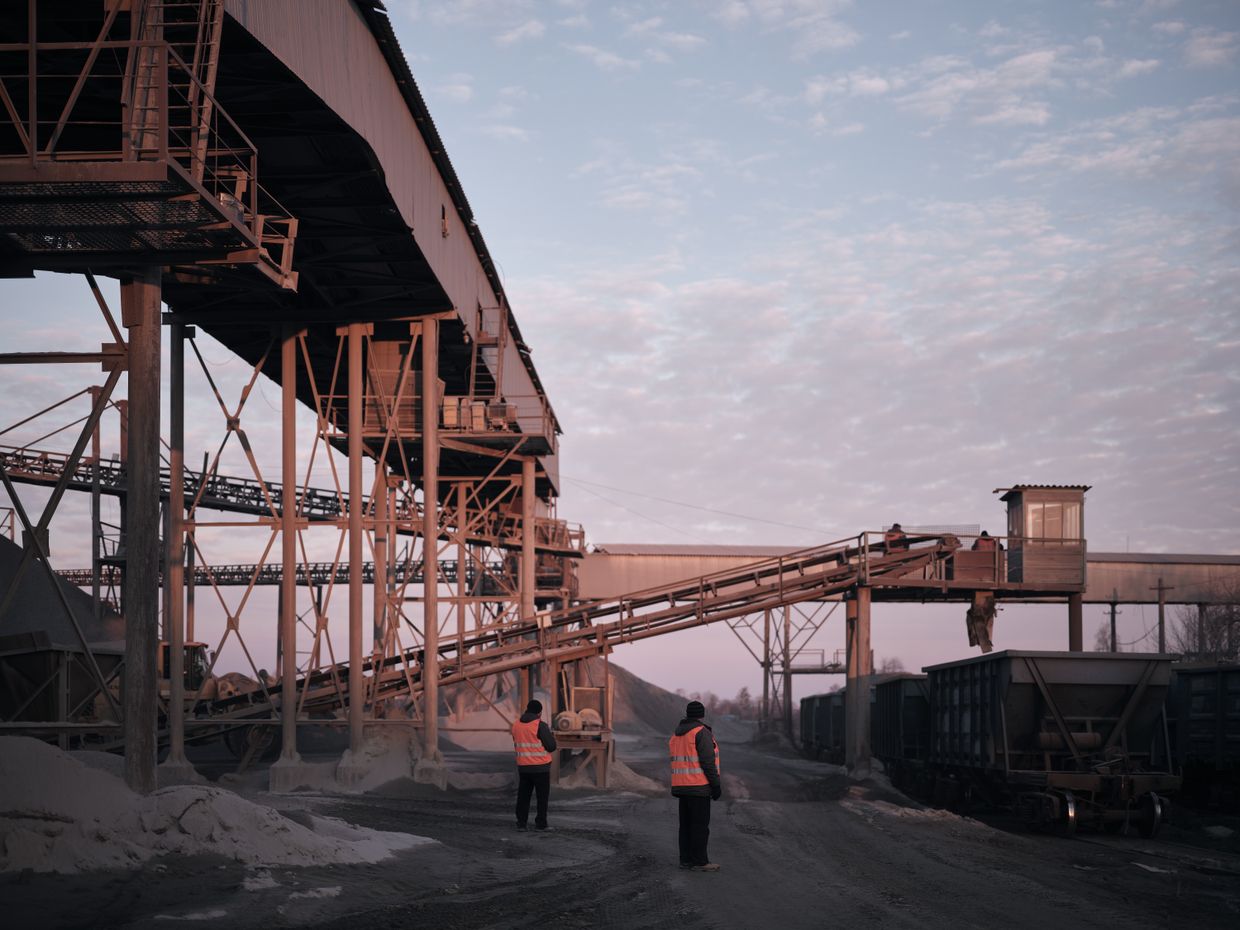
"It’s more extortion rather than any meaningful investment," Olga Pindyuk, an economist at the Vienna Institute for Economic Studies, told the Kyiv Independent.
Kyiv would only earn profits from its resources after paying back the U.S. for its aid, roughly $100 billion, with 4% annual interest. The U.S. would not have to commit anything to the fund.
Unlike a previous draft, it also includes a clause that prohibits Ukraine from selling mineral resources to America’s competitors, which in this case would be the EU, Pindyuk said.
All of this puts it drastically at odds with the EU memorandum, and could force Ukraine into a position that harms its accession to the bloc.
“By granting American companies preferential access to Ukraine’s mineral wealth, the U.S. deal may sidestep the spirit of the (EU memorandum),” Lavrelashvili said.
“The concern in Brussels is that privileging one foreign partner over others contradicts Ukraine’s obligations as a candidate country,” she added.
Putin issued a decree. Now, millions of Ukrainians face an impossible decision
As the U.S. tries to bring an end to the war in Ukraine, Russian President Vladimir Putin has issued a decree that appears to present Ukrainians living in occupied territories with a choice — submit to Russian law by Sept. 10 or face punishment. The decree, published by the Kremlin

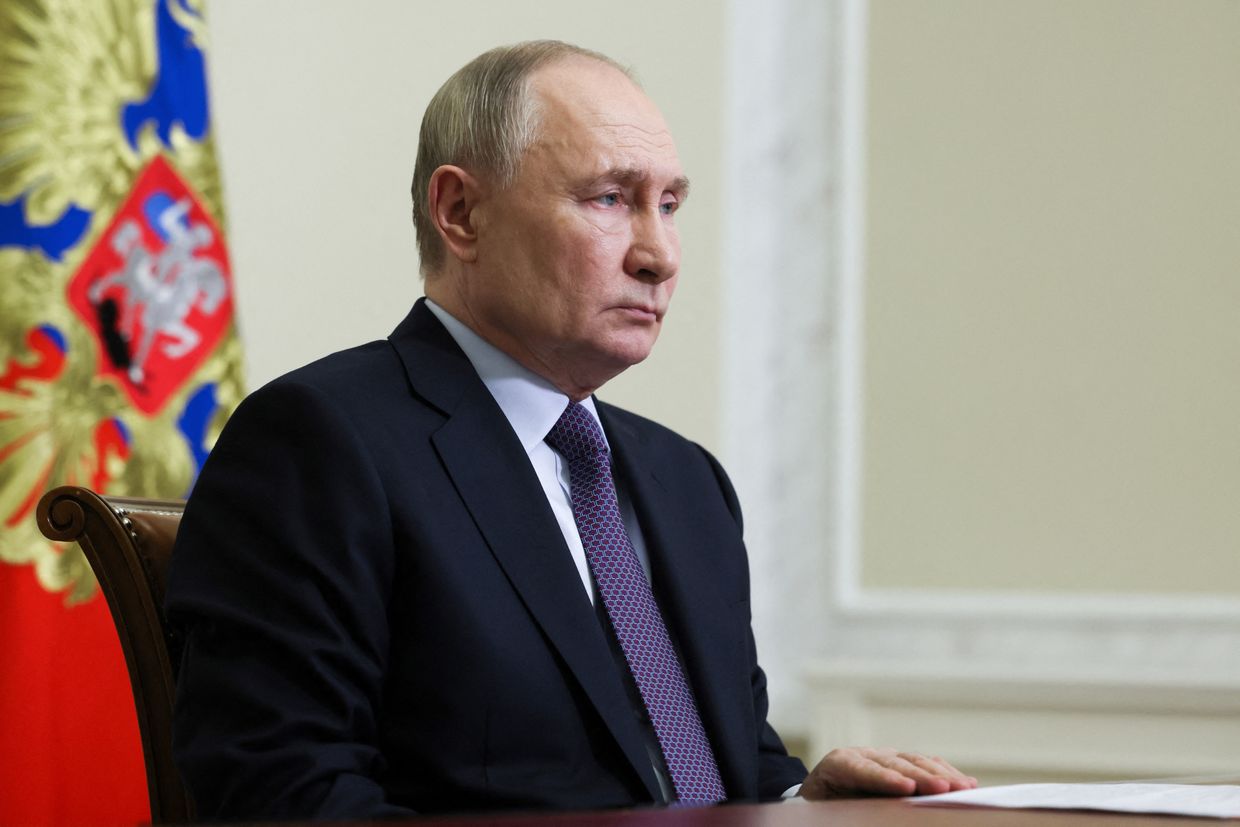
A delicate balancing act
Trump has been vocal in his attempts to apply pressure on President Volodymyr Zelensky to sign the latest version of the deal
"He's trying to back out of the rare earth deal and if he does that, he's got some problems, big, big problems," Trump told reporters aboard Air Force One on March 30.
Trump has already made clear the potential consequences if Zelensky doesn't do what he wants — after an earlier version of the agreement wasn't signed after the now infamous Oval Office showdown in February, the U.S. temporarily cut off military aid and intelligence sharing.
And while not nearly as vocal as Trump, there is implied pressure from the European side.
A major issue with Ukraine signing the U.S. deal is that it would limit EU businesses and therefore contradict Kyiv’s European integration process, Marija Golubeva, head of the board of the Baltic Initiative on European Reform, told the Kyiv Independent.
The EU has also committed to Ukraine’s reconstruction efforts, which could be hampered by the U.S. agreement as it would funnel money out of Ukraine and into the U.S.-based fund.
"Maybe Trump is once again starting with absurdly high stakes and will then come to an acceptable compromise."
Other allied countries should have the opportunity to "invest on an equal footing with the Americans," Ivanna Klympush-Tsintsadze, Ukraine’s lawmaker and head of the Parliamentary Committee on EU integration, told the Kyiv Independent.
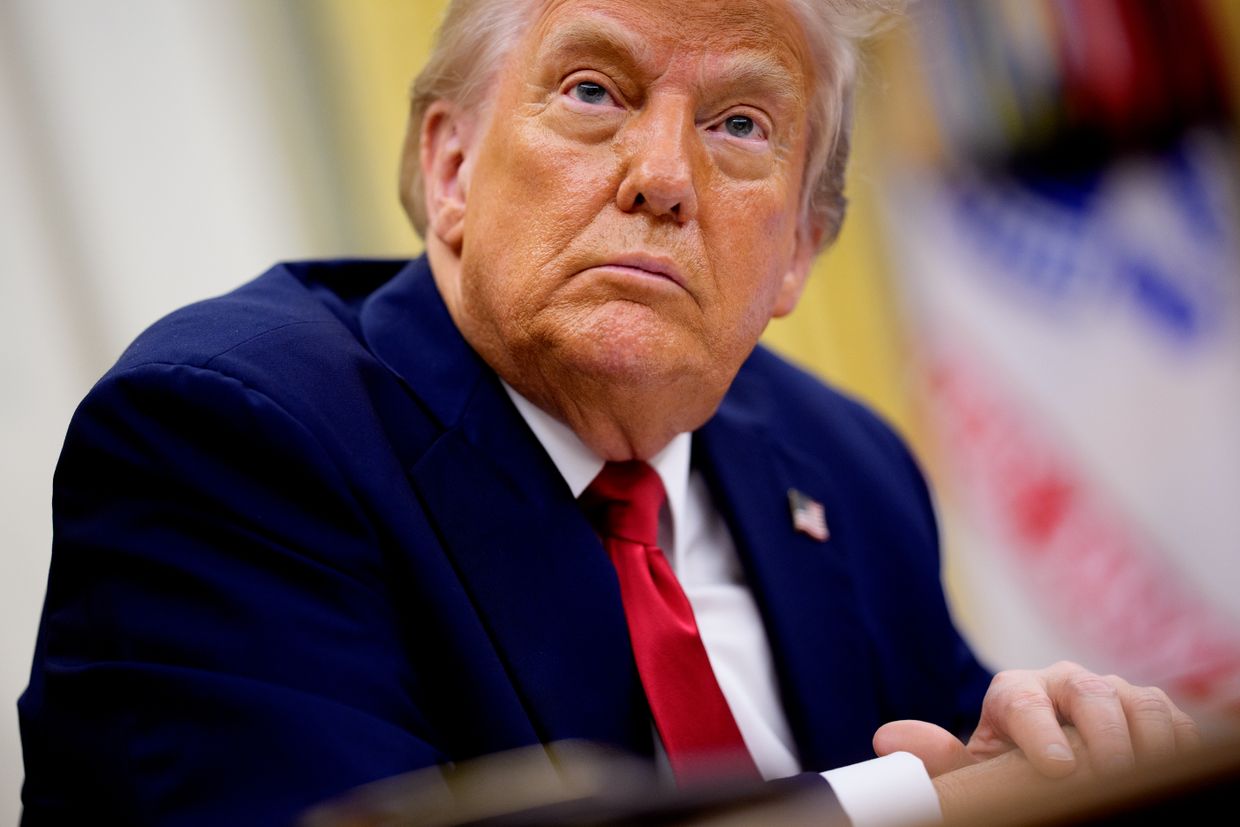
Under the current demands, the Ukrainian parliament is unlikely to ratify the agreement, she added.
The lack of consideration from the U.S. for Kyiv’s EU commitments has raised eyebrows in Ukraine.
"Maybe Trump is once again starting with absurdly high stakes and will then come to an acceptable compromise,” Oleksandr Merezhko, Ukrainian lawmaker and chair of the parliament’s Foreign Affairs Policy, told the Kyiv Independent.
"(Trump) raises stakes, he pushes, he presses, but he is ready for compromise, hopefully. But this is not how it should be done in foreign politics," he added.
The best of both worlds?
It is possible for Ukraine to have a resource agreement both with the U.S. and the EU, but Kyiv would have to renegotiate the terms with Washington to avoid giving American companies preferential treatment.
Whether or not Trump would be open to this remains to be seen, though his recent comments about Zelensky potentially backing out suggest a tough negotiation process.
If Trump sticks to his guns and forces Ukraine to sign this version of the deal, it's unlikely to prevent Ukraine from joining the EU, but there is a chance Brussels could cut financial support for Kyiv as a severe response, André Sapir, a senior fellow with Bruegel, told the Kyiv Independent.
However, the EU is likely to approach diplomatically first, and Kyiv would have to renegotiate the Washington agreement once it joins the bloc, he added.
Kyiv is still eager to pursue a deal with the U.S, it just wants one that "meets the interests of both countries," Foreign Minister Andrii Sybiha said on April 1.
"This is a very complicated story, but it is definitely not impossible to find the balance that will primarily meet Ukraine's national interests, our sovereignty, our independence and our commitments already made in terms of the strategic goals of EU membership," Klympush-Tsintsadze said.
Exclusive: Massive data leak potentially exposes Ukrainian IDs to Russian intelligence, hackers
Shoddy cyber security at Ukrainian vehicle inspections has exposed hundreds of thousands of personal documents for the past four years, placing reams of personal data at risk of exploitation by bad actors, including Russian intelligence and hackers. Largely scans of passports, taxpayer identificati…

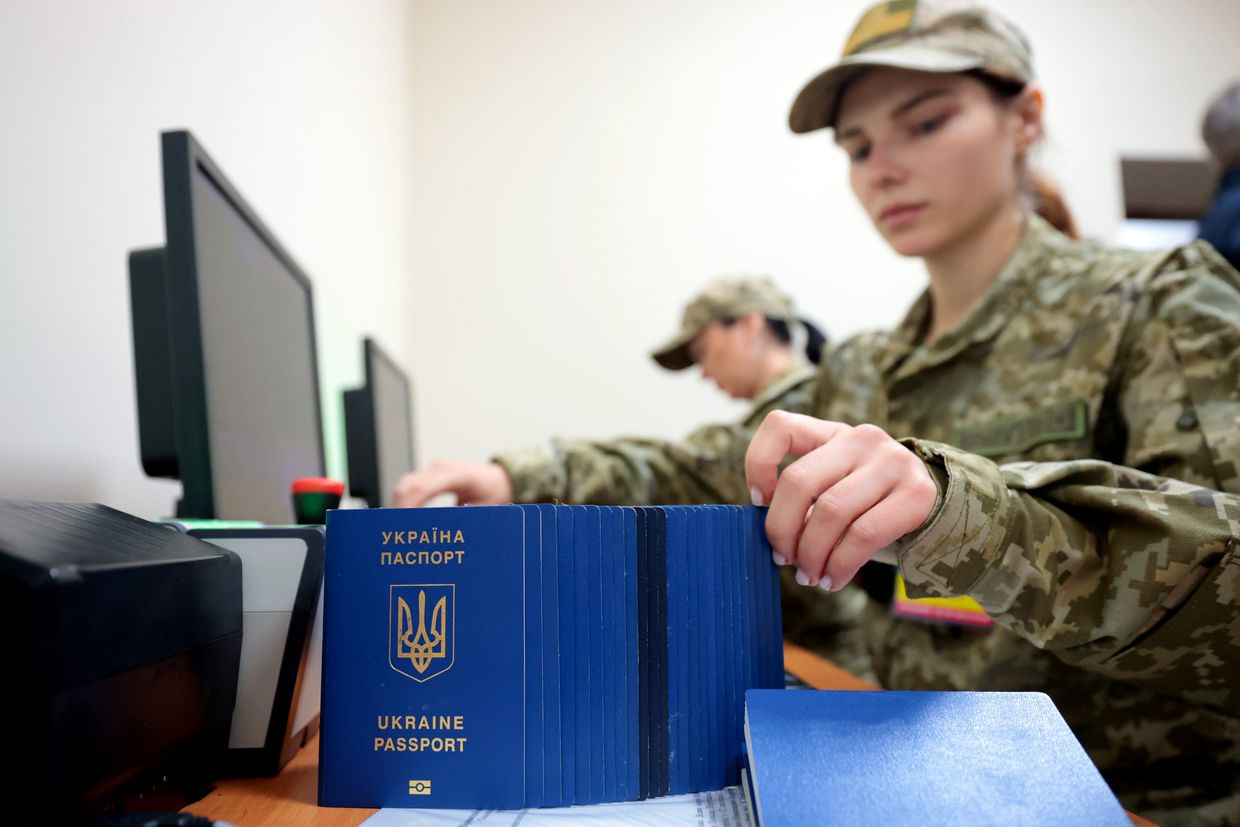
.png)
 German (DE)
German (DE)  English (US)
English (US)  Spanish (ES)
Spanish (ES)  French (FR)
French (FR)  Hindi (IN)
Hindi (IN)  Italian (IT)
Italian (IT)  Russian (RU)
Russian (RU)  20 hours ago
2
20 hours ago
2
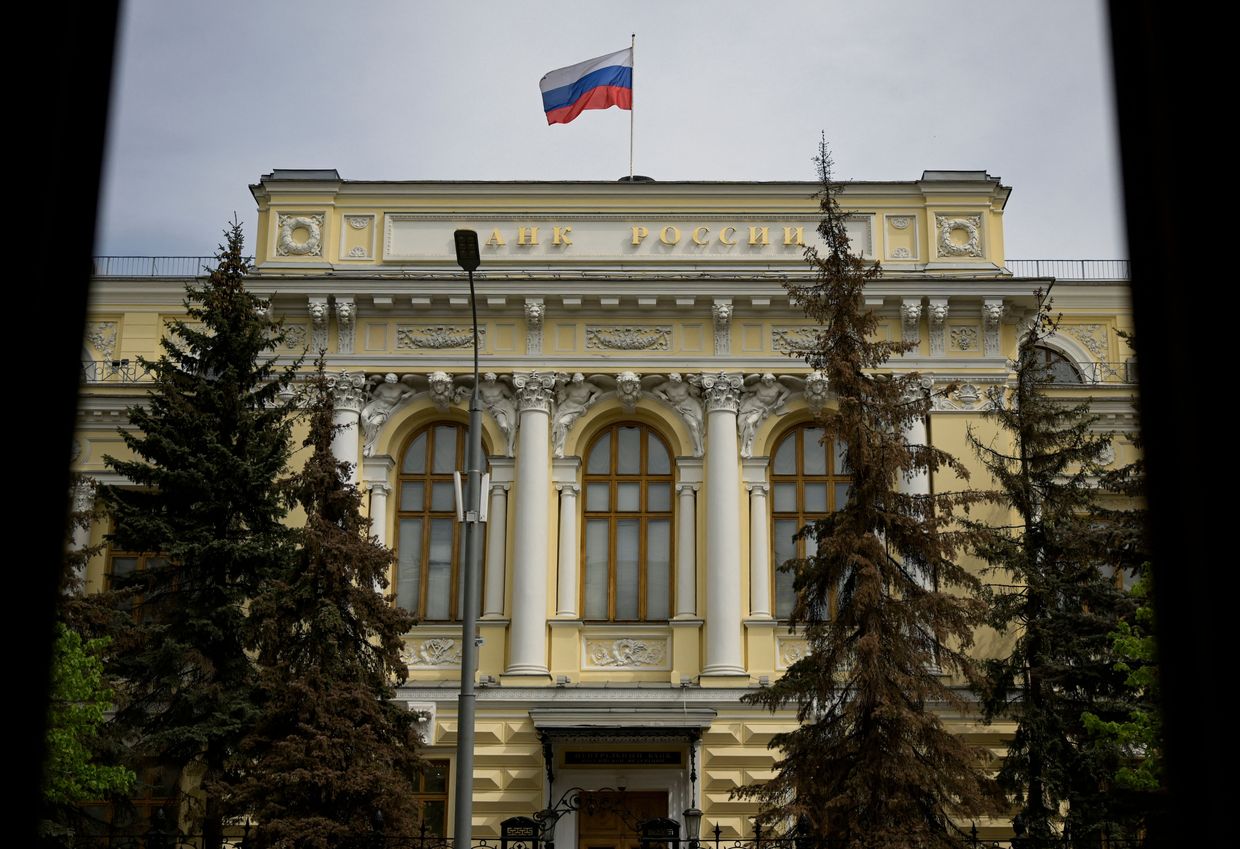

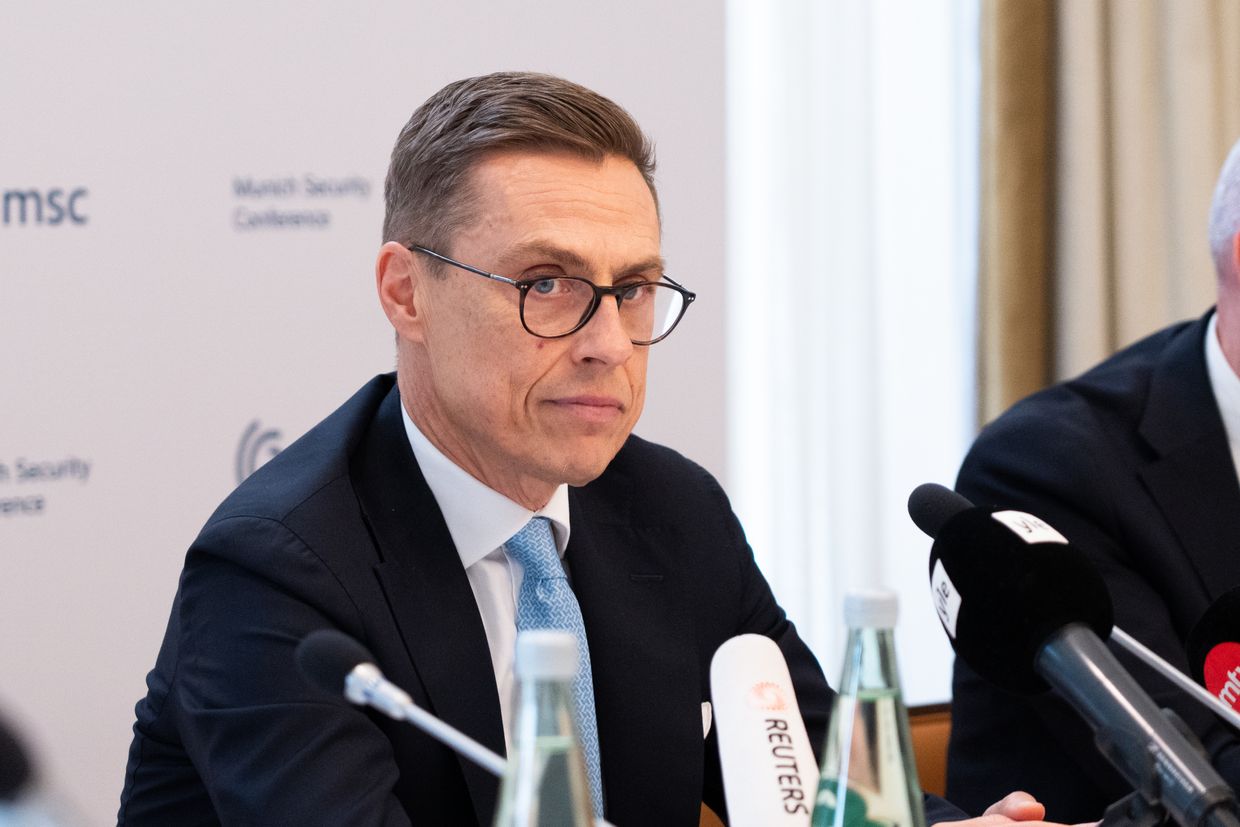
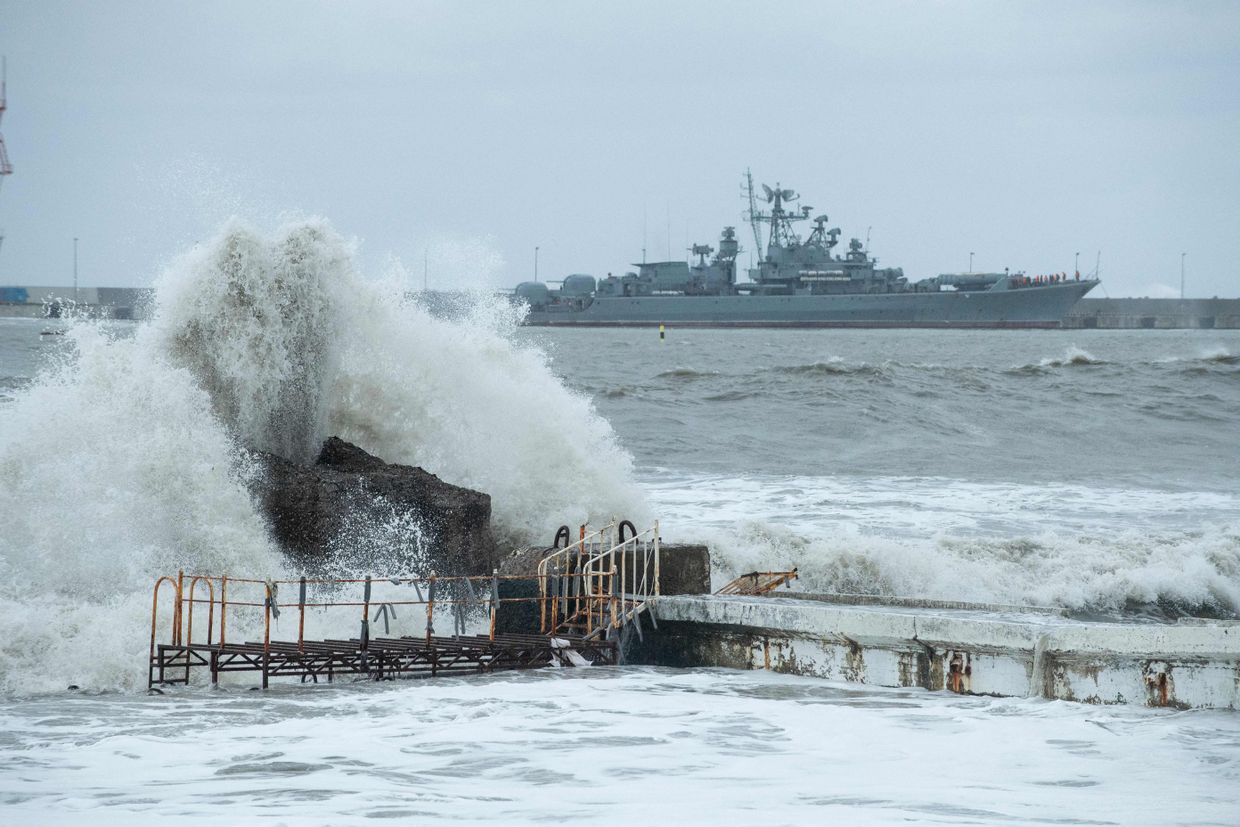


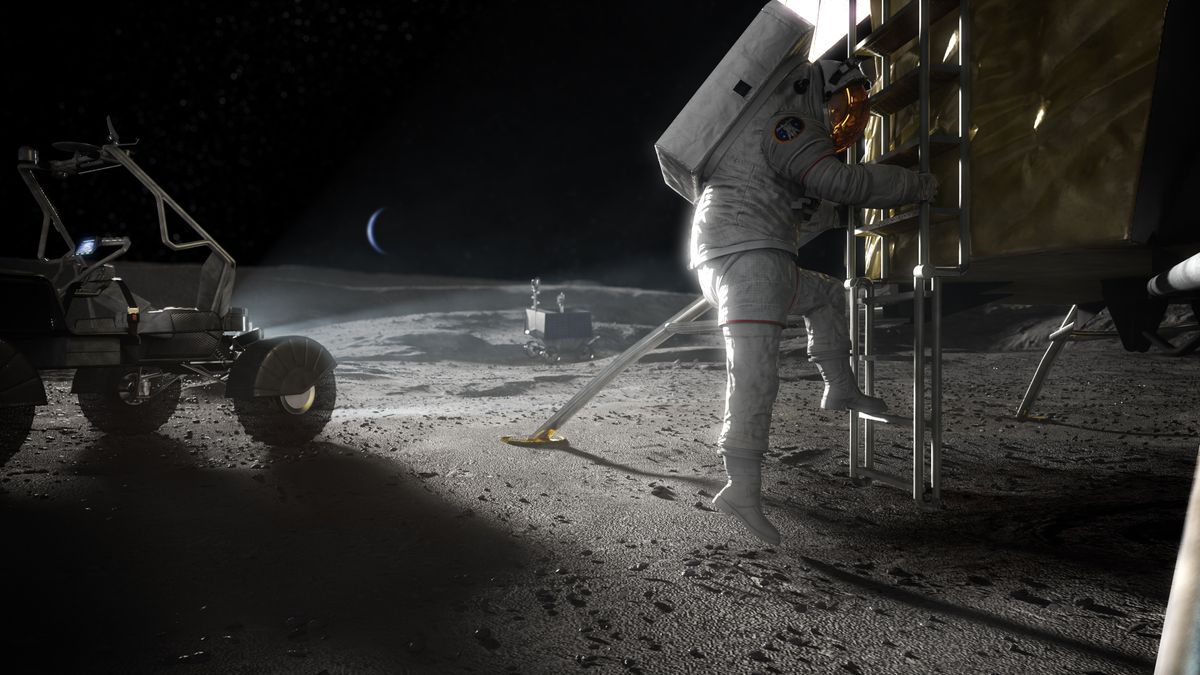


Comments